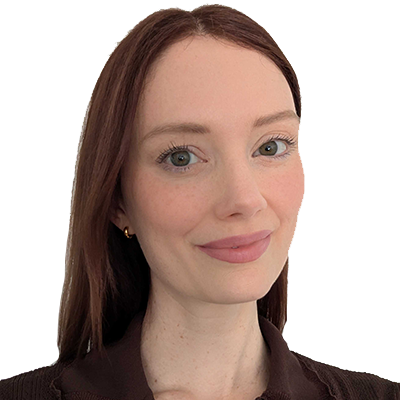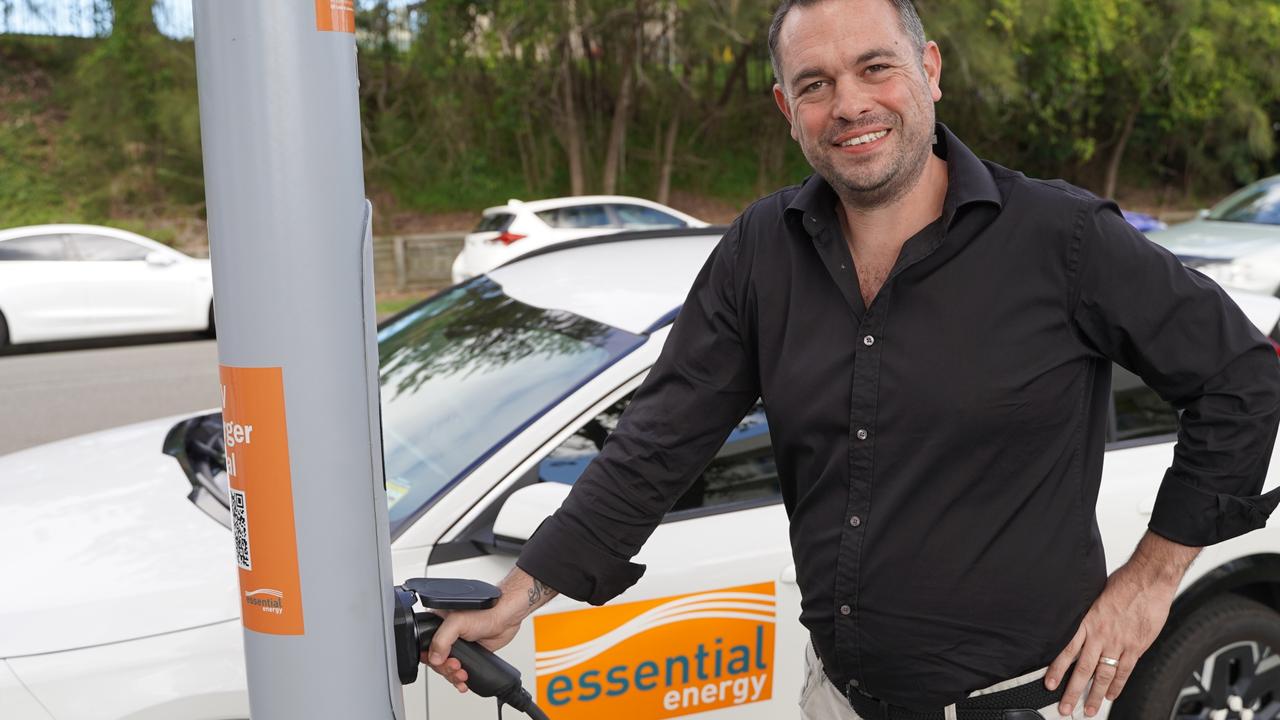Human vs. ChatGPT: Can you identify the AI?
As Chat GPT starts to replace human tasks, do you think you can you tell the difference between what’s real and what’s fake? Test yourself.

Trust is at an all-time low in Australia and expected to only get worse as new AI technologies make it almost impossible to distinguish between what’s real and what’s fake.
Experts warn a flood of increasingly sophisticated artificial intelligence is promoting social disharmony, jeopardising democracy, and slowing economic development.
It comes as exclusive insights find Australians are unable to tell the difference between human-crafted and AI-generated words, and one in five Aussies using AI tools such as ChatGPT say they have “complete trust” in their accuracy despite them being notoriously prone to “hallucinations”.
Former chair of The Australian Competition and Consumer Commission Rod Sims said misinformation and disinformation promoted social disharmony and opened countries up to foreign interference.
“One of the recommendations in (the ACCC’s) 2019 Digital Platforms report was to have a disinformation/misinformation code that ACMA (Australian Communications and Media Authority) could put in place … and the need for that is only accelerated by generative AI because I think there are people who are going to see how they could use that for their own ends,” he said.
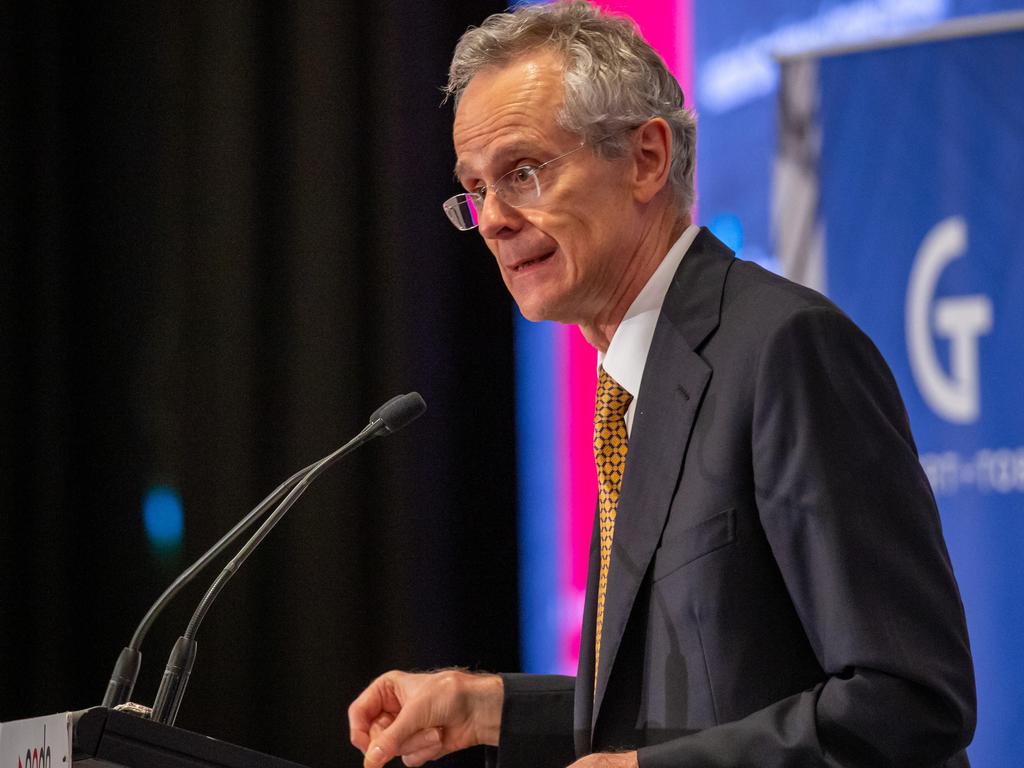
“They could be domestic groups or foreign groups.
“(Particularly in the US, foreign groups) are trying to fracture society, and the concern is they are doing that pretty well.”
Centre for Artificial Intelligence Research and Optimisation director Seyedali Mirjalili said there was “absolutely a concern” that AI-generated content could change the way people perceived the world and that knowing whether something was real or not would soon be “as difficult as finding a needle in a haystack”.
The Torrens University professor said generative AI such as ChatGPT could be trusted in theory – but not in its current form.
“You can rely on that if the technology is mature enough, which it is not at this stage,” he said.
“Recent AI models are as good as the data we provide them with.”
Prof Mirjalili said there would be more “synthetic and AI-generated data” on the internet than human-generated data within the next five years.
“A lot of people will start to doubt everything they read or watch online.
“But I am not that concerned, because there are also research and activities in this space to develop AI systems to recognise or validate whether something is real or not – counter-generative AI, or fact-checking AI or truth-seeking AI.”
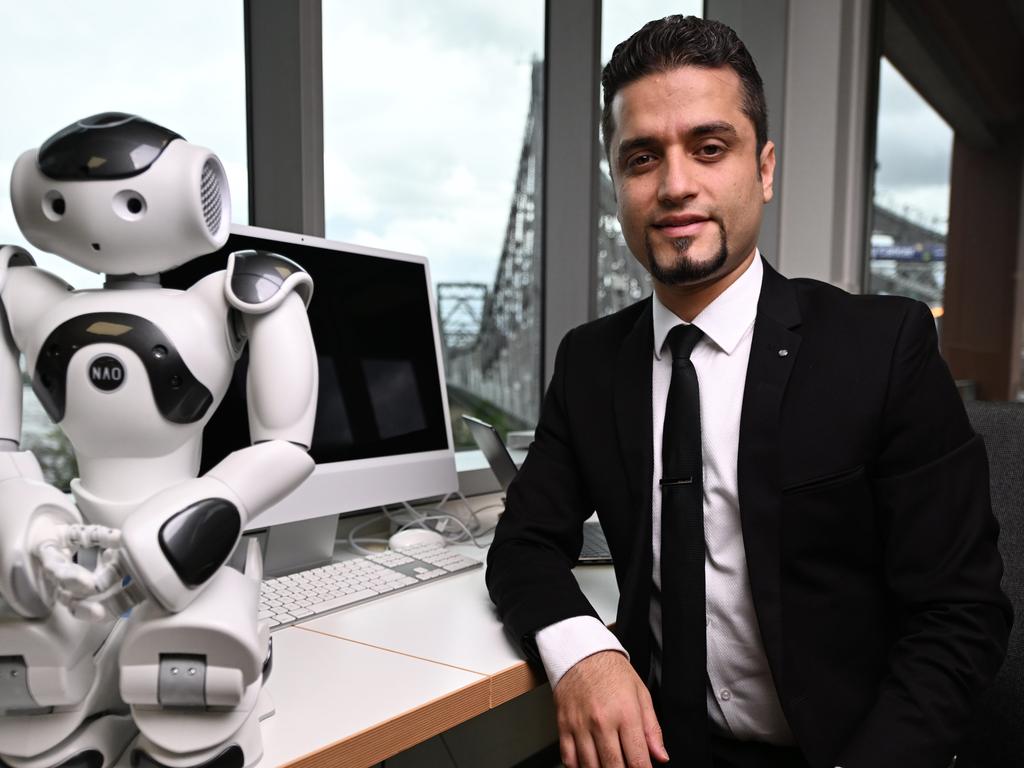
Lonergan Research, on behalf of News Corp, presented 1000 Australians with two paragraphs – one written by a human and one written by ChatGPT – and asked them to identify which was which.
One in five admitted they had no idea, and it was an even split among those who attempted a guess, with 40 per cent choosing correctly and 40 per cent choosing incorrectly.
***TAKE THE QUIZ BELOW TO SEE IF YOU CAN DO BETTER***
Meanwhile, a new survey by Real Insurance and Core Data revealed one in five Aussies who used generative AI tools such as ChatGPT (19 per cent) had “complete trust” in their accuracy, despite fabrications, inaccuracies and biases being very common.
This jumped to 26 per cent among Generation Y – aged 29 to 43.
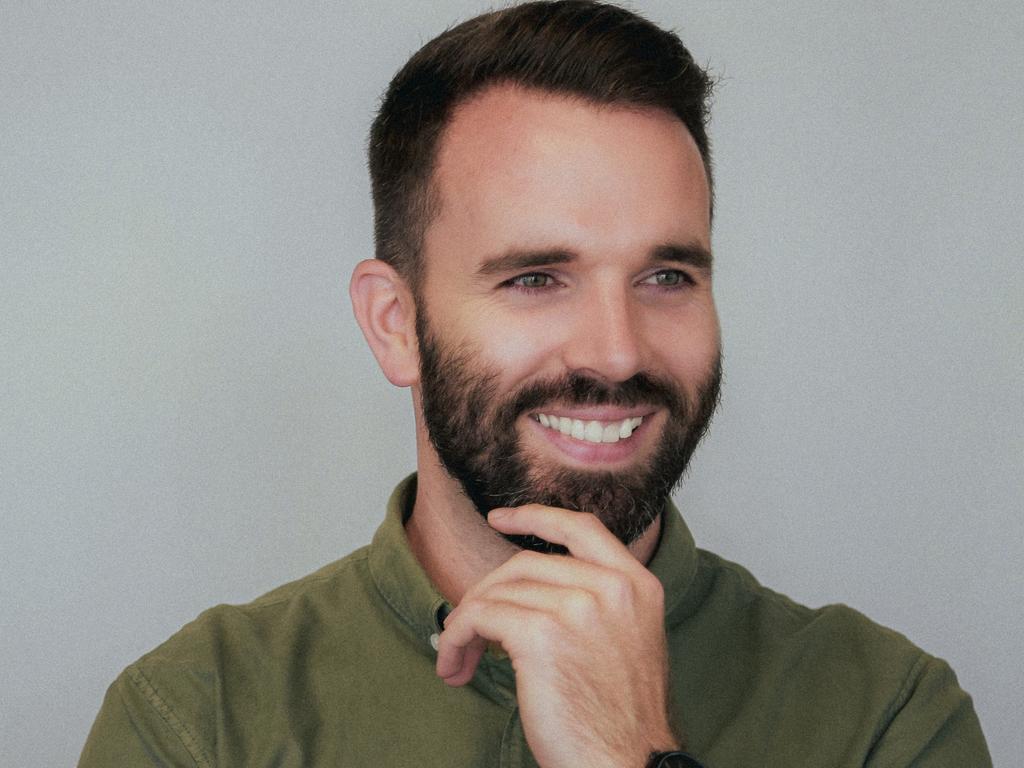
Tom Robinson, Australian chief executive of global communications firm Edelman – which has been releasing an annual trust barometer for the past 20 years – said Australia was on a path to polarisation, which would likely be made worse by generative AI.
“(Errors or biases in the training data) can lead to the creation of inappropriate or offensive content, or to the promotion of inaccurate or misleading information and perspectives,” he said.
“It’s not a stretch to see models reinforce the views of like-minded groups of people to the exclusion of others, further escalating divisions that lead to polarisation.
“We are less trusting than we ever have been before, and this has created a division in our society.
“When people feel they can no longer trust anything, this leaves the potential for … worsening prejudice and discrimination, slower economic development and an inability for government or communities to address societal challenges.”
More Coverage
Originally published as Human vs. ChatGPT: Can you identify the AI?

